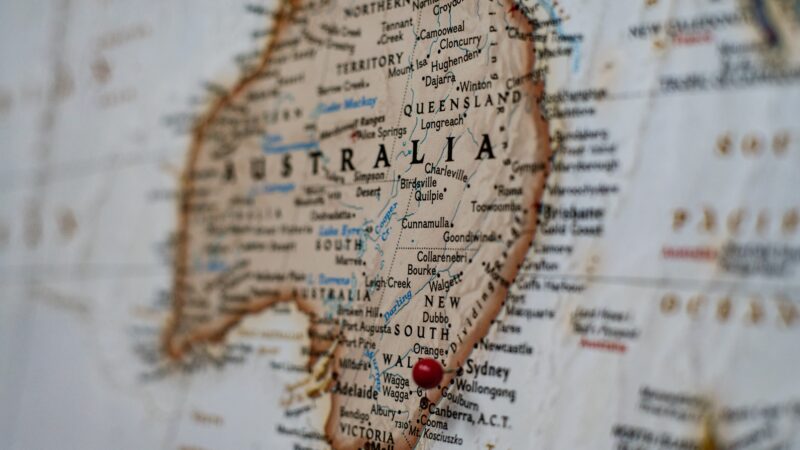“There are a lot of people that are afraid, that are afraid of being Jewish at this time, and are getting a taste of how it feels to be Muslim in this country.”
Oscar-winning Susan Sarandon’s comments at a pro-Palestine rally in New York saw her dropped by her representatives, United Talent Agency. Sarandon is far from new to activism and politics, having spent her many decades in the spotlight discussing various issues. It seems that this time she may have gone too far, judging by the reaction of UTA.
The newest development in the ongoing conflict between Israel and Palestine/Hamas has captivated the world, from the United Nations to local councils. Governments at all levels across every country have voted on ceasefires, because county councils apparently have a lot of say in geopolitics.
What is arguably even more prominent is the input of our entertainers. One can easily browse X or Instagram for a few moments and find a litany of celebrities who have given their views on the conflict. As a general rule, said celebrities have called for a ceasefire. In response to conflict, calling for a ceasefire is treated as the obvious response- it’s easy to say, you don’t sound too partisan and it’s essentially saying you just don’t like war. Any more nuance than that isn’t really expected of anyone.
At the end of one such open letter, those who signed it stated that “the United States can play a viral diplomatic role in ending the suffering.”
The United States probably can, yes. Celebrities? Not so much.
Celebrities like to use their voices to amplify issues, from war and presidential endorsements to abortion and LGBT rights. One only has to look at the star-studded events held by Hillary Clinton in 2016 to see how celebrities gravitate towards politics. Considering Clinton boasted guests like Katy Perry and Beyoncé, it’s plain to see that it’s a voice politicians accept. You’ll find celebrities using social media, posting blacked out squares on Instagram in an apparent promotion of Black Lives Matter. Perhaps they’ll wear a pink hat to protest anti-abortion legislation.
They are well within their right to do this, as we all should be. They also generally reside in the country in which they protest. The issue, however, comes when celebrities meddle in geopolitics.
The conflict in the Middle East is not an easy one, despite claims to the contrary. It involves years of religious and ethnic fighting, controversial borders, terror, violence, and bloodshed. The sides cannot, and often will not, agree to terms. So precious is Jerusalem to religious groups that conflict in its holy sites is far from rare. Saying ‘oh let’s have a ceasefire’ may stop a few problems in the short term, but it’s not a permanent stop to generations of problems.
Most notably, celebrities may have a say in their collective fan communities, but they do not have any influence on geopolitics. Even Joe Biden, who the aforementioned open letter was directed at, did not listen. Meanwhile, both Palestine and Israel are doing what they believe they need to do to survive. Hamas is doing what they believe they need to do to eradicate Israel. They are not going to listen to someone with an Oscar nomination or a Top Ten song.
That’s not to say that we shouldn’t speak out about issues because we feel it won’t influence things. Celebrities have the right to talk about the conflict, but let’s not pretend that we should care what they think or that it has any influence on anything. Most of us- celebrities and normal people- do not have the expertise to properly understand the situation. We can take a moral stance, but let’s not pretend that celebrities are necessarily informed.
The action, however well intentioned, is almost always performative. Celebrities allow themselves to be almost bullied into saying something, anything, by fans so that they’re not cancelled. Look at Taylor Swift. Her platform and wealth are equally large, so much so that her general lack of political inclinations is met with side-eye at best, and boycotts at worst. We expect celebrities to act as moral leaders and arbiters, to the detriment of real discussion.
Perhaps one day we won’t expect celebrities to be geopolitical experts. Perhaps one day celebrities won’t feel the need to ensure that their views aren’t the most important in the room. Much as COVID and January 6 turned people into armchair experts in virology and treason laws, the conflict in the Middle East has made us all experts in international relations.
Celebrities, continue calling for ceasefires if you wish, but don’t expect Benjamin Netanyahu and Hamas to take you up on your advice.




